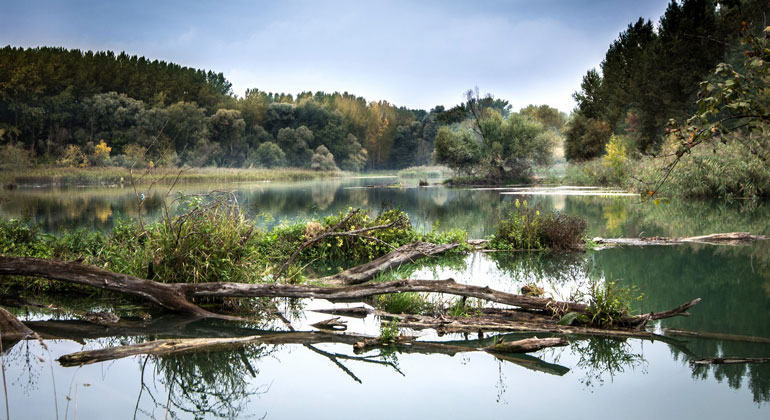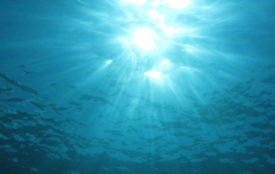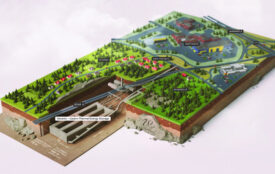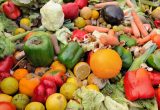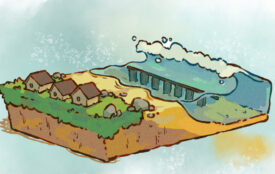How Does Agriculture Affect Freshwaters?
Agriculture secures our food supply and is an important economic factor. However, it also leaves its mark on the environment, such as in soils, groundwater, and biodiversity.
An international research team led by the UDE has investigated how different types and intensities of agriculture affect the ecological status of rivers in Europe. The study has just been published in the journal Water Research.
The figures are alarming: Not even ten percent of rivers in Germany are in a good, near-natural state; in Europe, it is around 40 percent (see figure). As the largest land use categories, agriculture is considered partly responsible for this situation. Is that justified?
To answer this question, the research team, led by UDE scientist Christian Schürings, analysed data on agricultural land use for 27 European countries. This was linked to data on the ecological status of flowing waters, including streams, but also large rivers such as the Ruhr, Rhine, and Scheldt.
The result: The type of agriculture strongly influences the condition of rivers. “Intensive farming has the greatest impact,” says Schürings. The expert in aquatic ecology is the lead author of the study. “This includes irrigated agriculture, as practised in Southern Europe, for example in Spain, Portugal and Italy, and the intensive use of pesticides and fertilizers on land in Western Europe. This is particularly common in France, the Netherlands, Belgium, Germany and the UK.”
As a result from intensive farming, nitrate, crop protection products, and other substances can end up in water bodies, floodplains are converted into farmland, and rivers are straightened, or used for irrigation in Southern Europe. This threatens or destroys important habitats for plants and animals.
The situation is different with less intensive types of agriculture: According to the study, they have little to no negative impact on the ecological status. This is because the cultivated areas are small-scale, fertilizers and crop protection products are used more sparingly, and hedges and flower strips are planted for increased biodiversity. “Our results underline,” says Schürings, “that the transition to more sustainable forms of agriculture, such as organic farming, is beneficial for rivers.” Co-author Dr. Sebastian Birk emphasizes that “water protection and agriculture can go hand in hand. The EU should support this through a restructuring of agricultural subsidies, so that the environmental services provided by agriculture are more strongly rewarded.”
- ScienceDirect „River ecological status is shaped by agricultural land use intensity across Europe“
- https://doi.org/10.1016/j.watres.2024.121136
QUELLE
Universität Duisburg Essen 2024 / Redaktion: Ulrike Bohnsack | ulrike.bohnsack@uni-due.de
